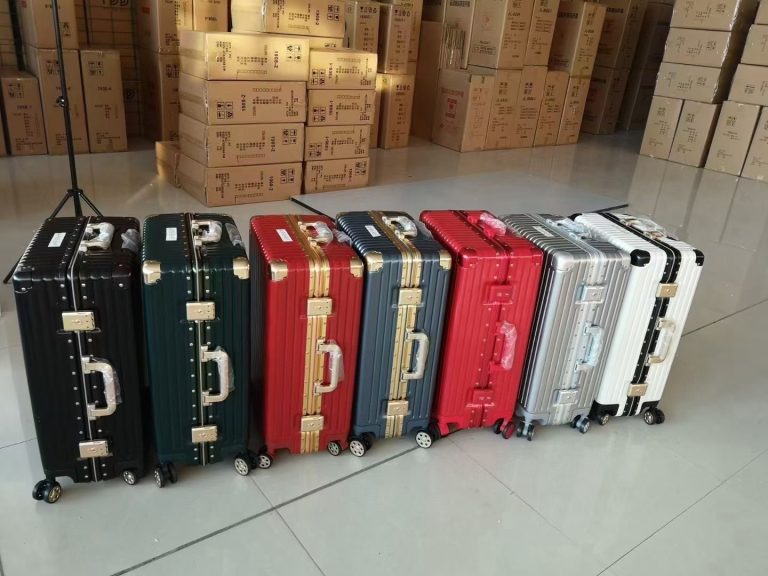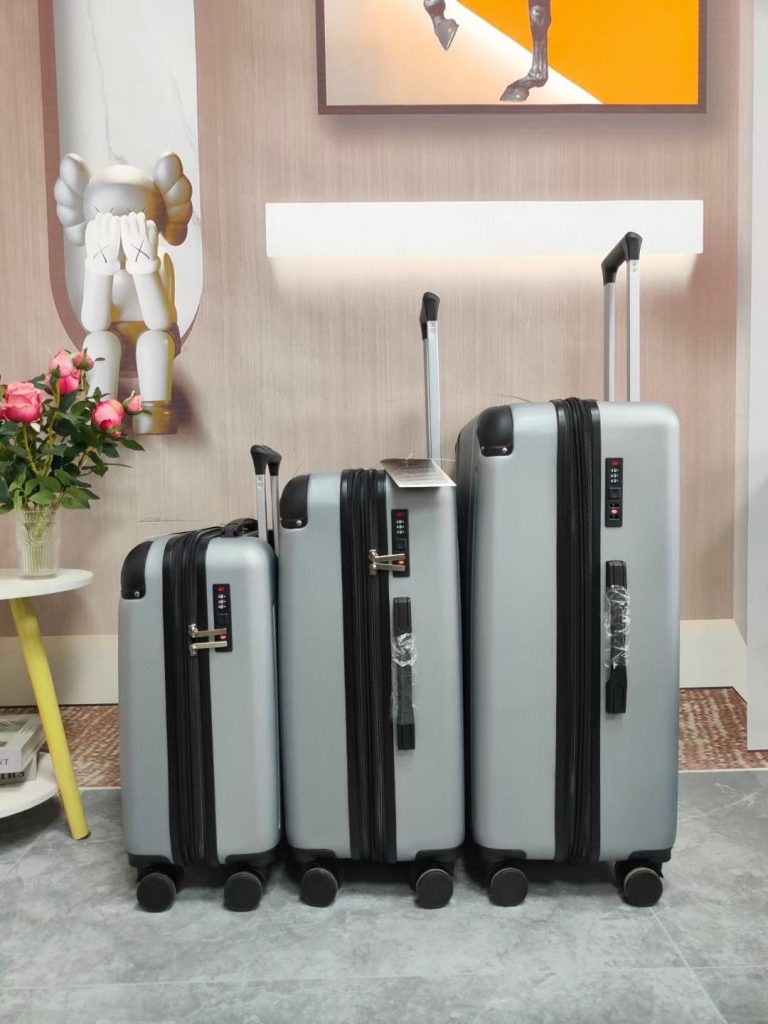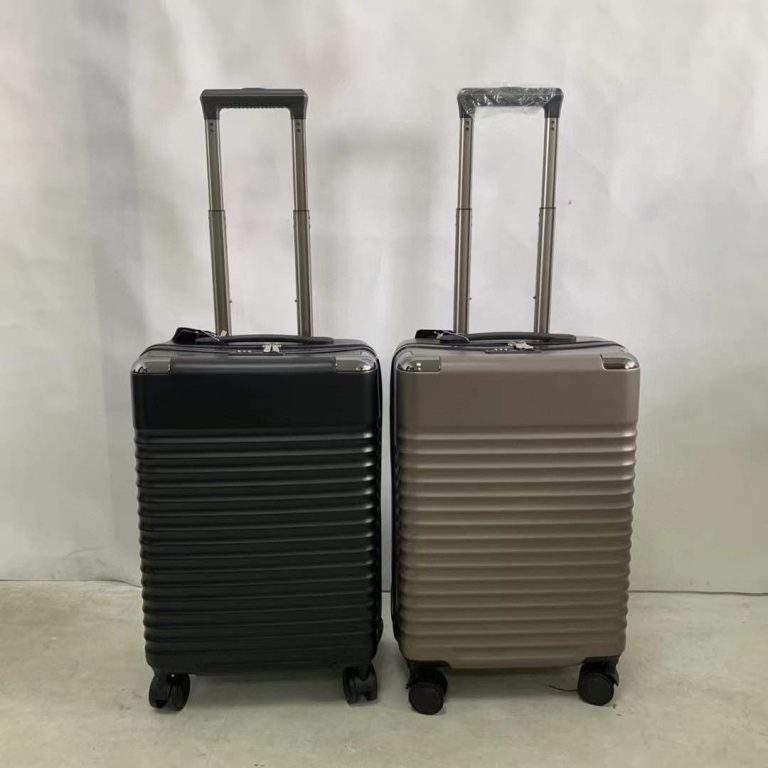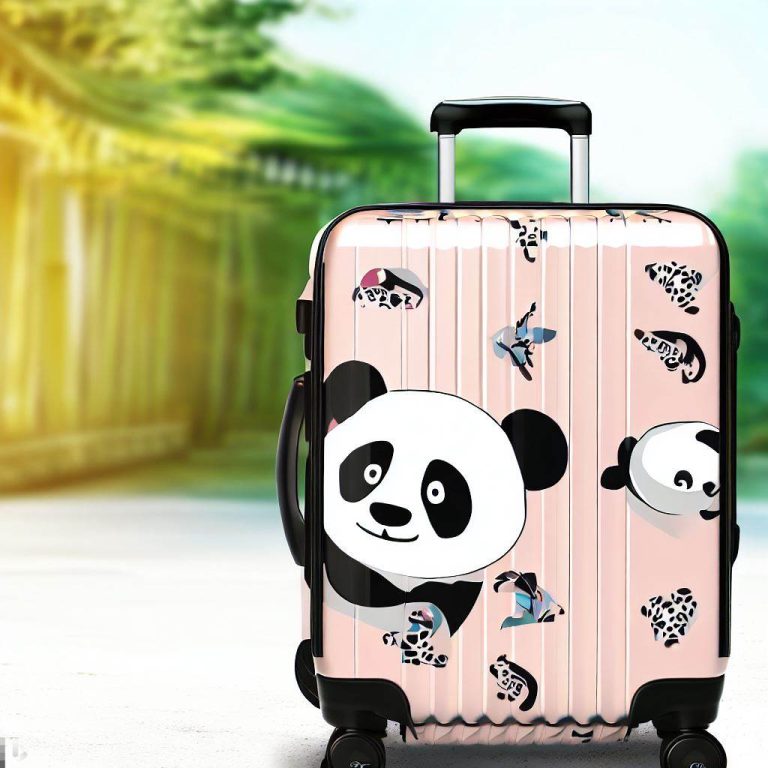When looking for a professional suitcase supplier to customize your personalized travel companion, there are several important steps to consider. Customized suitcases can be a great way to brand your business or add a personal touch to your travel gear. Here’s how to go about it:
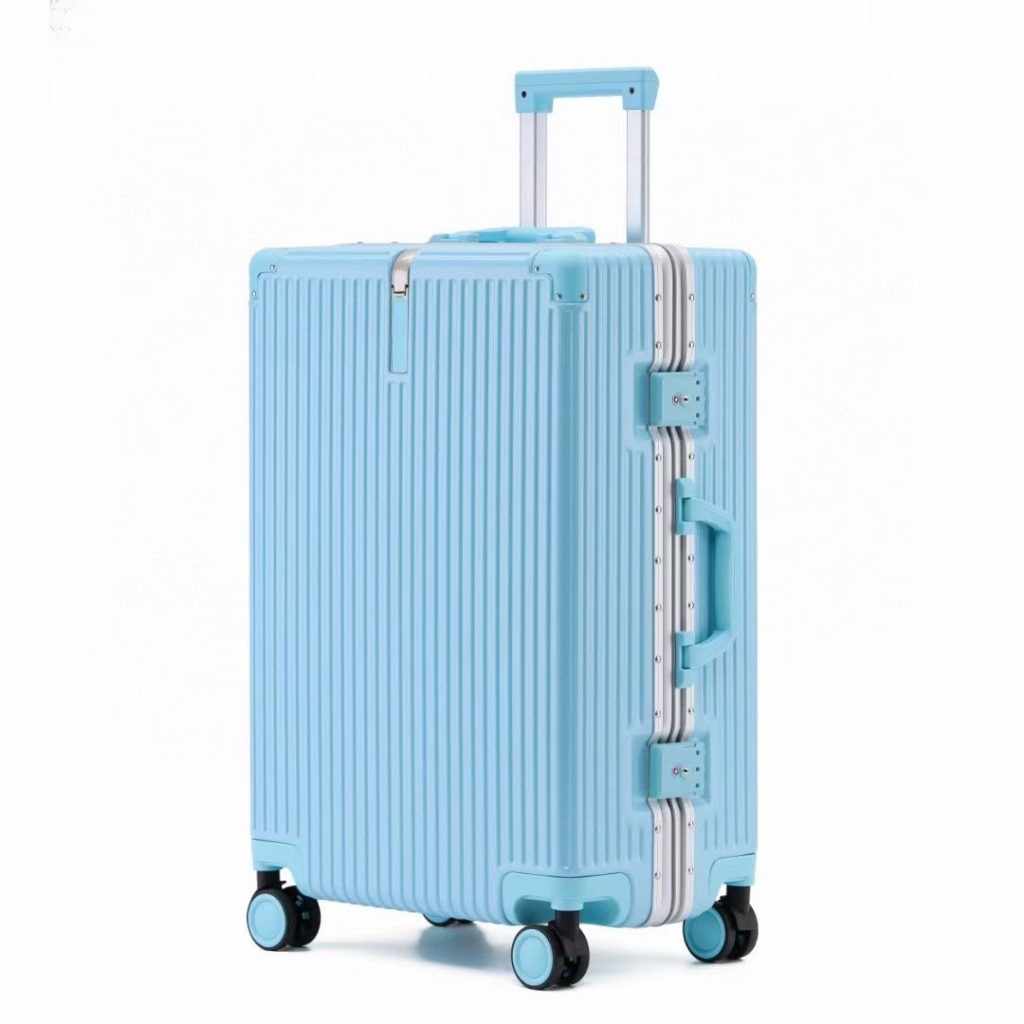
- Determine Your Customization Needs:
Clearly define what you want to customize on the suitcases. This could include your company logo, unique design, color scheme, or personalized monogramming. Consider the purpose of customization, whether it’s for corporate gifting, promotional events, or personal use. - Identify Potential Suppliers:
Search for suppliers who specialize in customized luggage or have the capability to provide customization services. Look for companies that offer a range of suitcase styles and materials to choose from. - Check Supplier Reputation:
Research the reputation of potential suppliers. Look for reviews, testimonials, and examples of their previous custom work. Assess their quality, reliability, and customer service. - Discuss Customization Options:
Contact the supplier and discuss your customization needs in detail. Ask about the customization techniques they offer, such as embroidery, screen printing, heat transfer, or custom mold options. Inquire about the range of colors and materials available for customization. - Request Samples:
If possible, request samples of customized suitcases or at least plain suitcases to evaluate the quality and design before placing a bulk order. This will give you a better idea of how your customization will look on the final product. - Provide Design Specifications:
If you have specific design requirements, provide detailed specifications to the supplier. This includes the artwork, logo files (in vector format for best results), placement preferences, and any color codes. - Review Pricing and MOQ:
Get a clear understanding of the pricing structure for customization and inquire about minimum order quantities (MOQs). Negotiate pricing and payment terms as necessary. - Discuss Lead Times:
Determine the lead times for customization and delivery. Ensure that the supplier can meet your deadlines, especially if you have time-sensitive requirements. - Quality Assurance and Warranty:
Inquire about the supplier’s quality assurance processes to ensure that your customized suitcases meet your expectations. Discuss warranty or return policies in case of any defects or issues. - Legal Agreements:
Draft a contract or agreement that outlines the customization specifications, pricing, delivery dates, and any other important terms. It should protect your interests and clarify responsibilities. - Production and Approval:
Once you’re satisfied with the design and terms, provide final approval for production to begin. Stay in regular communication with the supplier to track progress. - Shipping and Delivery:
Coordinate shipping logistics with the supplier. Ensure that the customized suitcases are packed and delivered securely to your desired location. - Inspect the Final Product:
Upon receiving your customized suitcases, inspect them carefully to ensure they meet the agreed-upon specifications and quality standards. - Feedback and Ongoing Relationship:
Provide feedback to the supplier on the customization process and the quality of the final product. Building a positive and ongoing relationship with the supplier can be beneficial for future orders.
Remember that clear communication, attention to detail, and due diligence in supplier selection are key to achieving the desired customization for your suitcases. Whether it’s for promotional purposes or personal branding, customized luggage can be a valuable addition to your travel gear.


